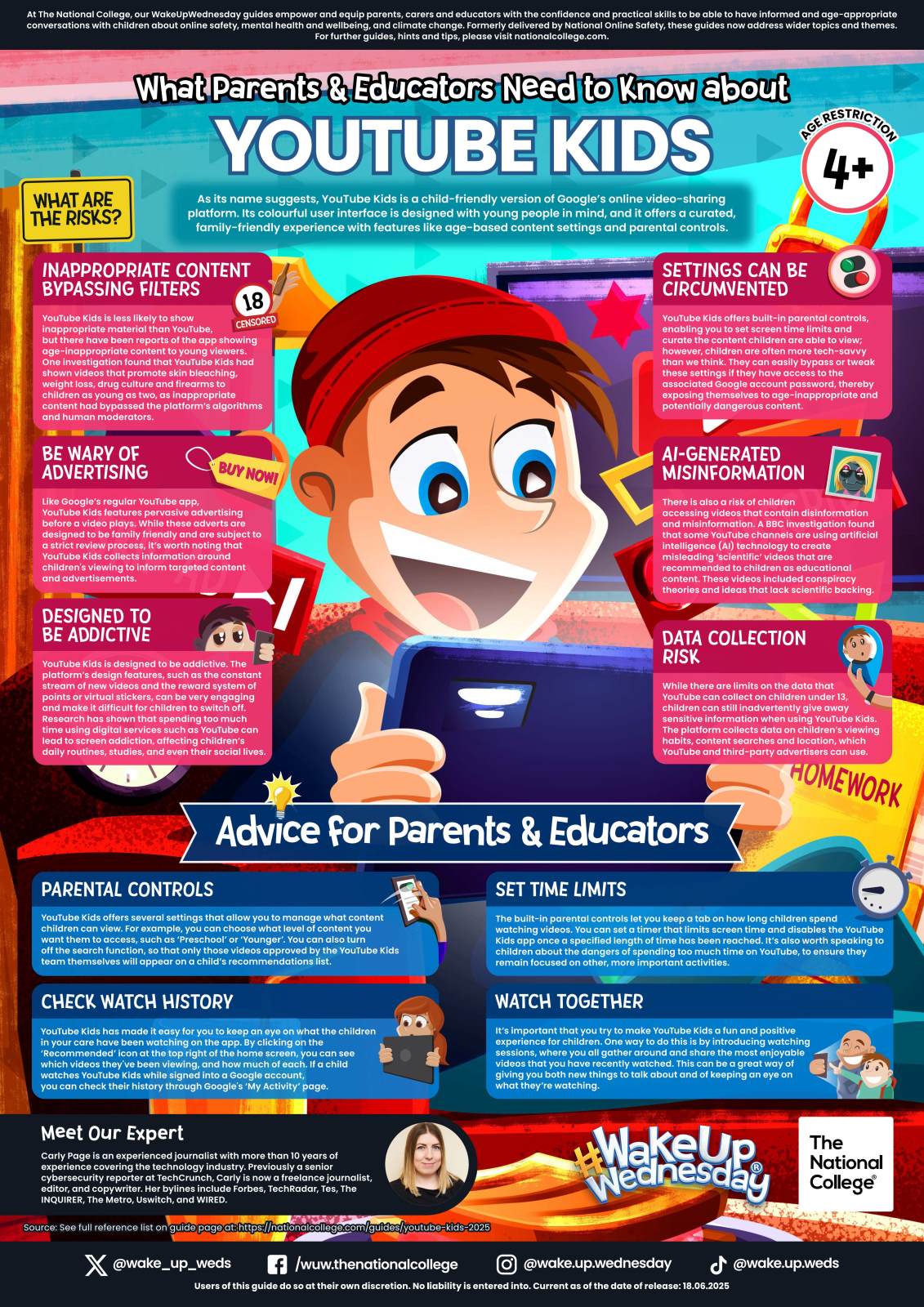Safeguarding
We aim to offer our pupils rich and exciting learning opportunities that will nurture them to achieve and develop, and inspire them to do their very best. We want our children to leave us as confident and respectful young people, equipped with the knowledge and skills they need to empower their futures.
Springfield Primary Safeguarding Team
 |
 |
 |
|
Monique Berry Designated Safeguarding Lead |
Naomi Mills Designated Safeguarding Lead |
Raj Garcha Deputy Designated Safeguarding Lead |
Useful Documents
-
KCSIE 25 26
download_for_offline
download_for_offlineKCSIE 25 26
- Springfield Behaviour Policy including Behaviour Principles 25-26 download_for_offline
download_for_offlineSpringfield Behaviour Policy including Behaviour Principles 25-26
- Springfield Primary School Safeguarding Policy Inc Child Protection 25 26 download_for_offline
download_for_offlineSpringfield Primary School Safeguarding Policy Inc Child Protection 25 26
Operation Encompass
Operation Encompass is a charitable organisation set up in 2011, which has since enabled effective interventions to many thousands of children who’ve experienced domestic abuse.
Operation Encompass is a police and education early information safeguarding partnership enabling schools to offer immediate support to children experiencing domestic abuse.
Operation Encompass ensures that there is a simple telephone call or notification to a school’s trained Designated Safeguarding Lead /Officer (known as key Adult) prior to the start of the next school day after an incident of police attended domestic abuse where there are children related to either of the adult parties involved.
Information is shared with a school’s Key Adult (Designated Safeguarding Lead or Officer) prior to the start of the next school day after officers have attended a domestic abuse incident. This sharing of information enables appropriate support to be given, dependent upon the needs and wishes of the child.
Children are negatively impacted by experiencing domestic abuse and without early intervention and support this negative impact can last through a child’s life course. Domestic abuse can impact upon social, psychological, physical, emotional and behavioural outcomes with an often negative impact upon a child’s academic success. Experiencing domestic abuse has been identified as an Adverse Childhood Experience.
Operation Encompass aims, by directly connecting police and schools, to secure better outcomes for children , to enable schools to better understand the impact living with domestic abuse has upon children, to help schools to better understand a child’s lived experience and to therefore be able to support and nurture each child , making a child’s day better and giving them a better tomorrow.
Our aim is to have Operation Encompass in every force, in every school, for every child no matter where they live. It is simply every child’s right.
In every force
Our aim is to ensure that schools have timely information about all police-attended incidents of domestic abuse, no matter where in the world the child lives.In every school
Our aim is to enable staff in every school to understand how to support children who are experiencing domestic abuse, no matter where in the world the child lives.For every child
Our aim is to ensure all child experiencing domestic abuse receive timely support in their school, no matter where in the world the child lives.
- Springfield Behaviour Policy including Behaviour Principles 25-26 download_for_offline

